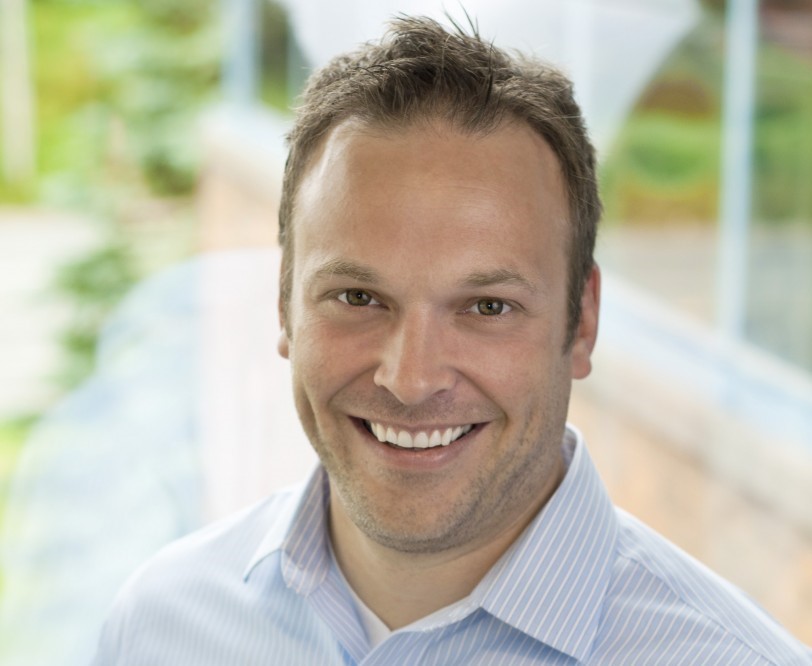It seems obvious there is only one story for a 2019 year-end wrap-up for the Atlantic Canadian startup community.
It’s Verafin.
In September, the St. John’s company whose software helps financial institutions combat fraud and money laundering announced that it had raised $515 million in equity and debt financing. It was the largest venture capital deal ever by a Canadian company.
Yes, we could write about Halifax-based ABK Biomedical’s US$30 million (C$40 million) VC funding, the largest ever for an Atlantic Canadian life-sciences company. Or Fredericton’s Introhive claiming 10th place in the Deloitte Tech Fast50, the top place ever for an East Coast company. Or CoLab Software and Sequence Bio, both of St. John’s, becoming the companies from the region to attend the Y Combinator accelerator in Silicon Valley.
But none of these could match the Verafin Funding.
The deal included equity financing from existing investors Spectrum Equity and Information Venture Partners and new backers Northleaf Capital Partners, BDC Capital and Teralys Capital. Verafin, which did not provide a breakdown of the equity and debt components, also borrowed money from such lenders as Wells Fargo Capital Finance and Scotiabank.
Having reflected on and discussed the deal for three months, here are five year-end observations on the deal:
Verafin Is Big and Growing: Usually a bashful company, Verafin’s statement in September gave a rare glimpse of how big it’s grown. It employs more than 500 people. Its 3,000 clients include 25 lenders with more than US$5 billion each in assets. The company hit $100 million in annual recurring revenue in the first quarter of 2019, representing 87 percent growth in ARR since the beginning of 2017. That was BEFORE the company restocked its arsenal with half-a-billion dollars in capital, giving it the firepower to continue to grow.
The Billion Dollar Company: For years, the startup community has longed for an Atlantic Canadian tech company valued at $1 billion, known as a “unicorn” or in Canada a “narwhal”. Developing such a beast is the long-held goal of Gerry Pond and the IT accelerator Propel. Verafin would not reveal the valuations of its deal, but it’s not hard to see that the investors may have valued the company at $1 billion. The thinking is that once Atlantic Canada gets its first unicorn, others will follow. “Newfoundland – and the same could be same for Atlantic Canada – doesn’t need one Verafin,” said the company’s Co-Founder Brendan Brothers in an interview. “It needs 10 Verafins.”
A Cause for Celebration in St. John’s: The Verafin deal has been a boon to the Atlantic region, which can now claim the biggest VC deal ever in Canada. (Though no one knows how long the record will stand.) But the benefits have been magnified in St. John’s, which was already on a roll and has been energized by the Verafin deal. When the founders of collaboration software company CoLab Software attended the Y Combinator accelerator last summer, mentors repeatedly told them they’d have to move from St. John’s to reach their potential. They can now point to a cross-town company that wasn’t held back by its location. “When you see someone do something you didn’t think was possible, it tells you that you can do it too,” said CoLab CEO Adam Keating.
There Were Few Other Financings of Note: So the good news is that with the Verafin financing, Atlantic Canadian innovation companies will have raised about $600 million in equity capital this year – having never broken through $200 million in any previous year. The other big deal this year was ABK Biomedical’s C$40 million funding in April. (At the time, it was the biggest VC deal ever in Atlantic Canada, a record it held for only 170 days.) But ABK and Verafin accounted for 94 percent of the $600 million in funding, meaning little was raised by anyone else. There were a few funding rounds in the low seven figures, but otherwise there were not enough scaling companies bringing in meaningful amounts of capital. That will hurt in the next few years.
The Tech Talent Pool in St. John’s May Get Even Tighter: When the Atlantic Canada Economic Council released its superb report on IT talent in the region last summer, it noted that companies were having trouble finding IT staff. In Newfoundland and Labrador, employers rated the problem 3.67 out of a possible five, with five representing extreme pain. (By comparison, New Brunswick was rated 3.87 and Nova Scotia 2.84.) The number may go up soon in St. John’s. With $515 million in capital, Verafin is ready to hire. So are CoLab, Mysa Smart Thermostat and other companies that raised capital this year. Even before the Verafin raise, Paul Preston at the Newfoundland and Labrador Association of Technology and Innovation was warning that the province faced a shortfall of about 200 programmers a year in the next five years. But the talent crunch may not be quite as crunchy as feared. Michelle Simms, the CEO of Genesis, said she asked founders at a recent round table about talent availability and got mixed reports. She said companies are having difficulty finding high level positions like CTOs or people with specialized skills, but they report being able to find people with general skillsets.










